The death of basketball legend Kobe Bryant, his daughter and seven others reminded us that we never know what fate has in store for us. A recent article from The Press Enterprise titled “Yes, you must go there: Think about the unthinkable, plan for the worst” explains the steps.
Put an appointment in your schedule. Make an appointment with a qualified estate planning attorney. If you make the call and have an actual appointment, you have a deadline and that’s a start. The attorney may have a planning worksheet or organizer that he or she can send to you to guide you.
Start getting organized. If this seems overwhelming, break it out into separate parts. Begin with the easy part: a list of names, addresses, phone numbers, and email addresses for family members. Include any other people who you intend to include in your estate plan.
Next, list your assets and an estimated value of each. It does not have to be to the penny. Include the account numbers, name of the institution, phone number and, if you have a personal contact, a name. Include bank accounts, real estate holdings, timeshares, stocks, bonds, personal property, vehicles, RVs, any collectibles of value (attach appraisals if you have them), life insurance and retirement accounts.
List the professionals who you rely on—your estate planning lawyer, CPA, financial advisor, etc.
If you own a firearm, include your license and make sure that both your spouse and your estate planning attorney are aware of the information. In certain states, having possession of a firearm without being the licensed owner is against the law. Speak with your estate planning attorney about the law in your state and how to prepare for a situation if the firearm needs to be safely and properly dealt with.
Name an executor or personal representative. Estate planning is not just for death. It is also for incapacity. Who will act on your behalf, if you are not able to do so? Many people name their spouse, a long-time trusted friend or a family member. Be certain that person will be willing to act on your behalf. Have a second person also named, in case something occurs, and your first choice cannot serve.
If you have minor children, your estate plan will include a guardian, who will be responsible for raising them. Talk about that with your spouse and that person to make sure they are willing to serve. You can also name a second person to be in charge of finances for the children. Your estate planning lawyer will talk with you about the role of trusts to provide for the children.
Think about your overall goals. How do you see your legacy? Do you want to leave some funds for a charity that has meaning to you and your family? Do you want your children to receive equal shares of your entire estate? Does one child require special needs planning, or are you concerned that one of your children may not be able to manage an inheritance? These are all topics to discuss with your estate planning attorney. Their experience will help clarify your goals and create a plan.
Reference: The Press Enterprise (Feb. 2, 2020) “Yes, you must go there: Think about the unthinkable, plan for the worst”


